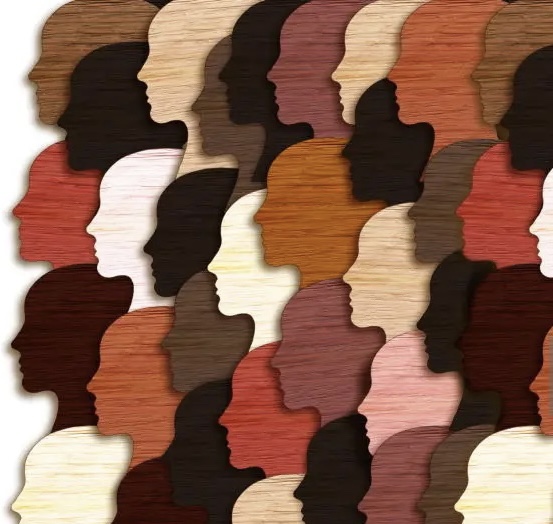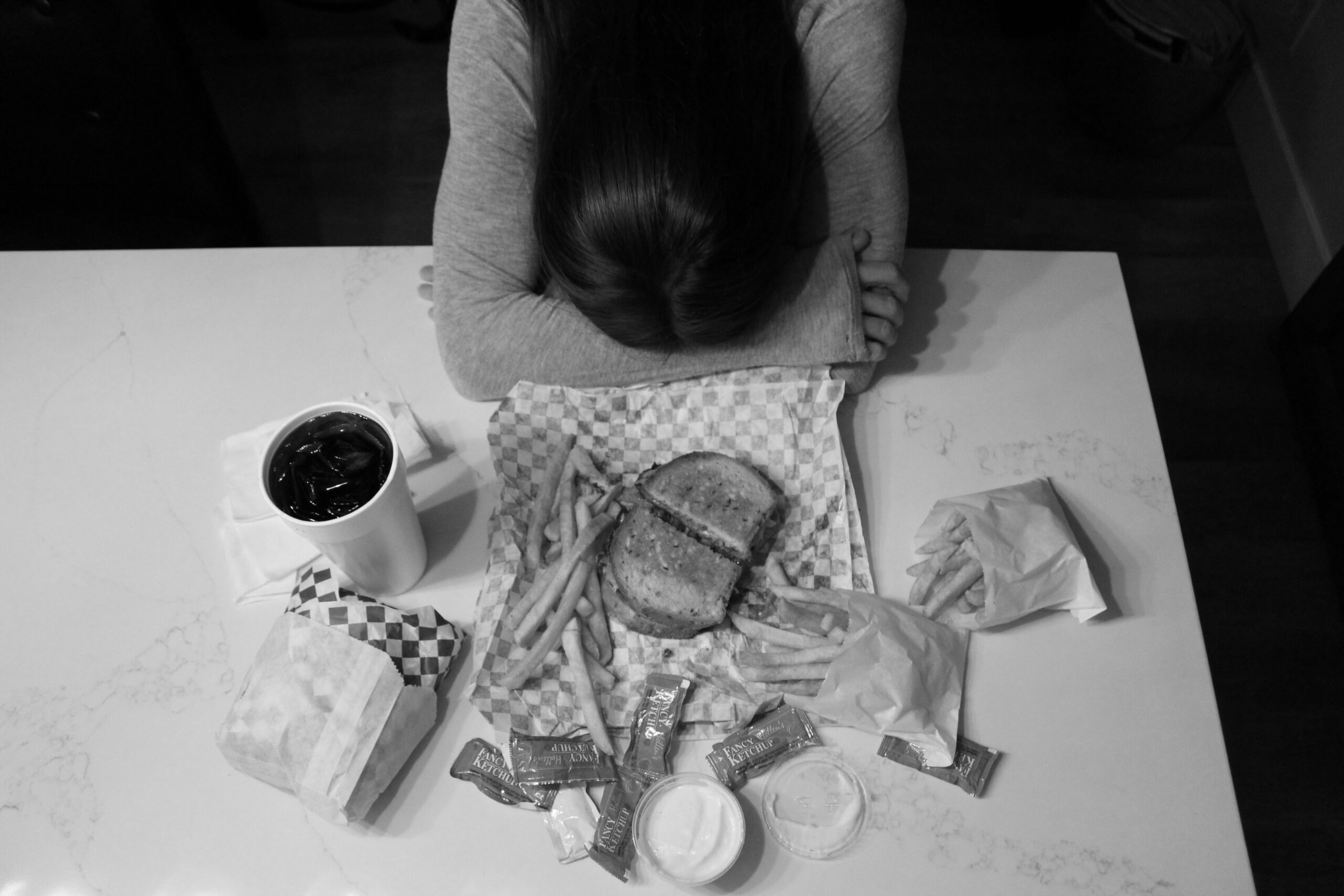Some face discrimination for having a darker complexion
Some Latinx and Hispanic families might not say it out loud, but colorism is a big problem in the community. For those who may not know, colorism refers to the preference toward lighter skin tones and complexions.
In some Latinx and Hispanic communities, complexion equates to the potential for success in life. When a baby is born, for example, one of the first things some families check is whether the baby’s skin tone is light or dark. If it’s the latter, some family members may say, “Oh, salio morenito,” or “Oh, the baby came out dark,” as though that were something shameful or negative.
Other comments are more insidious. When it comes to dating, a prospective partner who might be enamored with a lighter complexion might say something like, “vas a mejorar la raza,” or “you’re going to improve our race.”
We even see colorism expressed by our elected officials. In a recent interview with LAist radio, Nury Martinez – the former president of the Los Angeles City Council – said she was remorseful and ashamed for comments she had once made about Latinx, Hispanic, and Black communities.
I come from a mixed-race family – I am both Hispanic and Black. I’ve always had darker skin than the rest of the people in my family. They would often remind me of this by making comments like, “El negro ya vino,” meaning, “The Black is here.” It was as though I didn’t have my own name or my own identity – I was nothing more than the color of my skin.
We often look to our elders for guidance and wisdom, relying on their years of experience to help us avoid pitfalls in life. But as the saying goes, “old habits die hard,” and some of our elders uphold negative stereotypes and perceptions about people with darker skin.
I recall several instances in which elders asked me, “Why are you like that? Why do you have such dark skin?” Their questions would make me feel ashamed, and I would sometimes wish I had lighter skin – even white skin – just to avoid the judgemental comments and “jokes” from people in my family and community.
Finding good friends was hard when I was growing up. People would judge the color of my skin rather than my character – no one really took the time to get to know the person in me, so I isolated myself.
A close friend once told me how it upset him whenever his parents would call me names whenever I wasn’t around. According to my friend, his parents did not want him hanging around me because they thought my complexion meant I was a bad influence.
Sadly, these experiences were not unique to me.
“I have seen how my family tends to make comments about people who are darker than us and it makes me feel uncomfortable,” said sophomore Beatriz Ramos.
Why is skin color such a huge issue in the hispanic community? We are a minority and mentality like this keeps us from becoming better individuals in society.
Colorism is present everywhere, but many people don’t like to admit it or talk about it. Even our leaders, the ones who are supposed to represent us look down on us. We say we fight racism, but tend to take colorism lightly.



